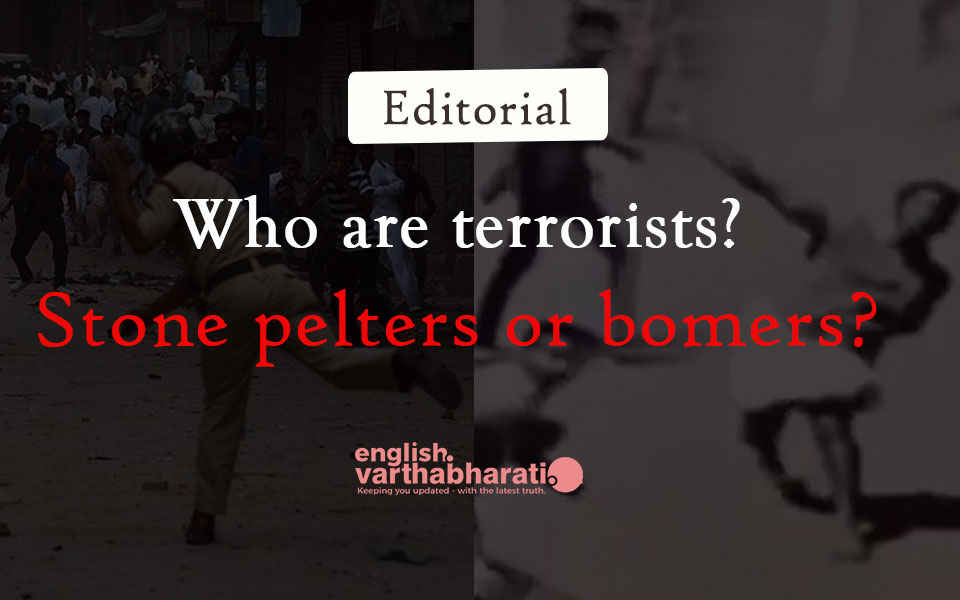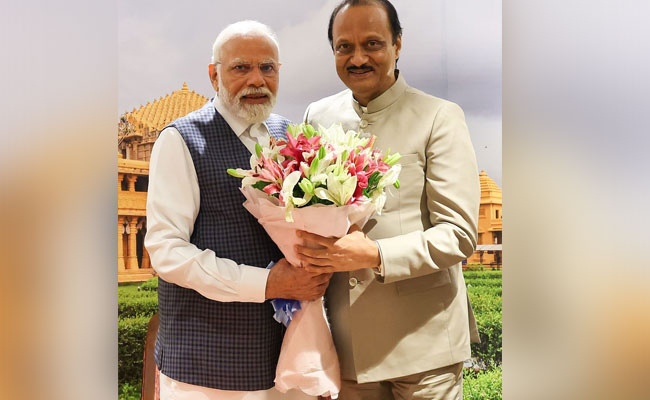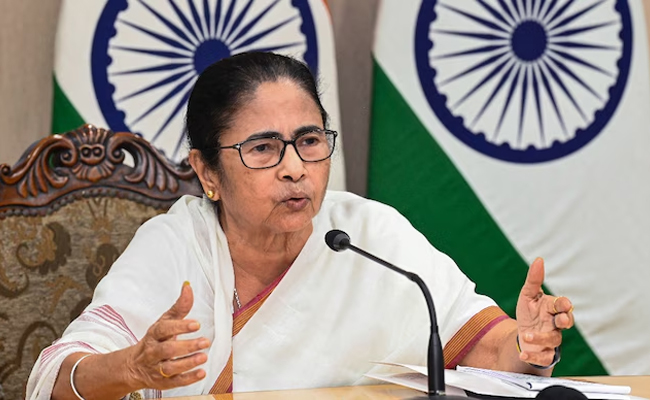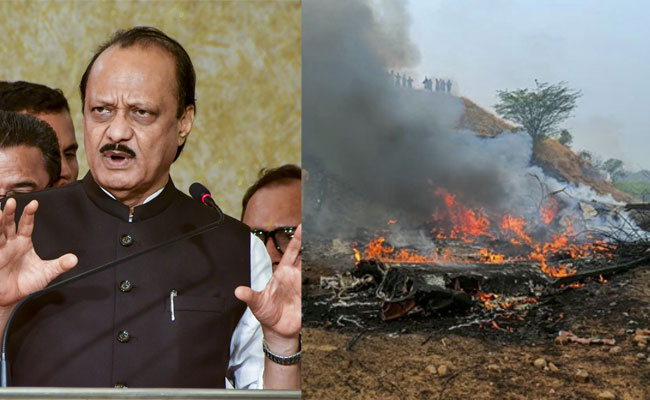Sabarimala which was in news just a few months ago owing to a grand show of solidarity at times of natural disaster, is now in news again thanks to Sabarimala. Supreme Court ordered that women should also be allowed entry into Sabarimala temple as much as men. This was not a decision made by the state government there. The state government only has to provide security to anybody who wishes to enter the temple which is a duty.
As per the verdict of supreme court, the state government has given the women devotees whatever security they needed as per the legal requirement. To take to streets against this amounts to contempt of court. When one observes the happenings in Sabarimala, one can clearly see the conspiracy taking shape there to create deliberate unrest.
Those who entered the power corridors walking on the track of Ayodhya in Uttar Pradesh, are trying to create politics amidst people in Kerala. If this had happened anywhere else with this emotional and religious background, the RSS and Sangh Parivar would have been immensely happy to set the whole state aflame and ensure a few people would have paid from their lives for this agenda.
They failed in Kerala owing to diligent work of the government, police department and the media. Since they all came together to implement the Supreme Court order, Sangh Parivar faced a loss of face at their hands.
States like Karnataka can hardly manage the situation even if a small communal clash breaks out. This is owing to failure of implementation of law to protect the constitution. This is the main reason why someone like Prabhakar Bhat of RSS is roaming freely in the open.
The secular governments have been unable to jail him even for a day, owing to their weaknesses. That has turned into a strength for communal elements. If something similar as Sabarimala had happened in Karnataka, one cannot even begin to imagine the kind of damage Sangh Parivar would have caused to people and property here. But then in Kerala, the government stayed put on the course of constitution and ensured it used the police force accordingly.
There was a time when the RSS men had supported women coming to Sabarimala. Their speeches have been recorded too. But soon as the verdict was out, RSS took to streets with the sole intention of ruining the peace and tranquility of this state.
Kerala saw violence in the name of dharnas and plundered public property in the name of protest. Protestors tried instigating the police by calling them names and slogans right on their face.
At the same time, the fact that Sangh Parivar having taken the space of a terrorist organization came to light. Bombs were hurled at some places. CCTV footage captured the image of an RSS leader having thrown a bomb at a police station.
Bombs went off in front of CPM leaders’ residences. Raw materials to prepare bombs have been seized from an RSS leader’s house. Even earlier, RSS men have been caught trying to make bombs at homes in Kerala. What does all this say? Do they not mean RSS and Sangh Parivar have turned into terrorist organisations in Kerala?
This is not limited to Kerala alone. Let’s consider the incidents that happened in Uttar Pradesh. A senior officer was done to death using weapons and bullets.The same media have not called them ‘terrorists’ yet.
In the next few days, another police officer was done to death in similar fashion by Sangh Parivar members. The same Sangh Parivar members threw bullets at Dalits who had gathered to protest against proposed amendment of atrocities act. Many Dalits lost lives in this incident.
Why are the media or government not coming forward to brand those anti-social elements who have taken to violence as terrorists? Compared to all these, the citizens of Kashmir who are protesting against the army seem like more of human beings than anything else.
The army has been launching assault on people there since many decades. Many innocents have lost lives and women have been raped. They have proper reason to show their anger against army dictatorship. They may have pelted stones during protests, but have never hurled bombs or bullets on the police.
Army has openly killed terrorists who have hurled bombs at the army. The government that is in a hurry to brand protesting citizens as terrorists, how would it perceive those who actually threw bombs at the police, and those who killed cops in Uttar Pradesh or created unrest among Dalits? Why is Sangh Parivar not a terrorist organization? There are no examples of Kashmiris having mob lynched any officer.
But as we dig deeper, we’d know Sanatan Sansthan is also the branch of this poisonous plant called RSS and others. How many more such tragedies as deaths of Dabholkar, Pansare, Kalaburgi and Gauri should happen before the country wakes up? Does the government even have moral rights to speak about protests in Kashmir as the government itself is breeding terrorists elsewhere?
Let the Truth be known. If you read VB and like VB, please be a VB Supporter and Help us deliver the Truth to one and all.
New Delhi (PTI): Prime Minister Narendra Modi on Wednesday said the death of Maharasthra deputy chief minister Ajit Pawar in a plane crash was untimely and very shocking.
In a post on X, Modi said Ajit Pawar was a leader of the people with a strong grassroots level connect.
Pawar, 66, and four other persons were killed after an aircraft carrying them crashed near his hometown Baramati in Pune district on Wednesday morning, officials said.
"Shri Ajit Pawar Ji was a leader of the people, having a strong grassroots level connect. He was widely respected as a hardworking personality at the forefront of serving the people of Maharashtra.
"His understanding of administrative matters and passion for empowering the poor and downtrodden were also noteworthy. His untimely demise is very shocking and saddening. Condolences to his family and countless admirers. Om Shanti," Modi said.





